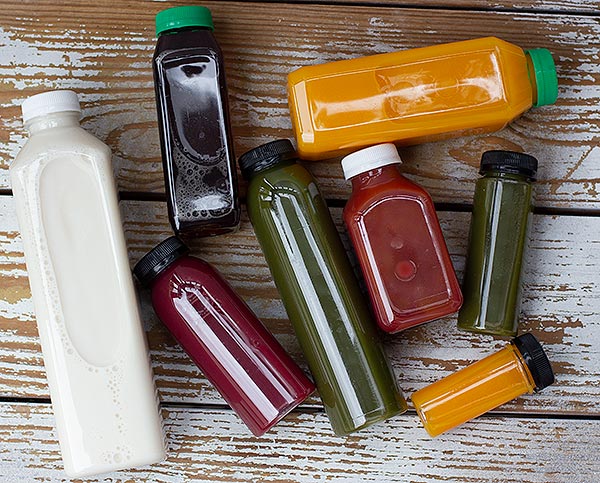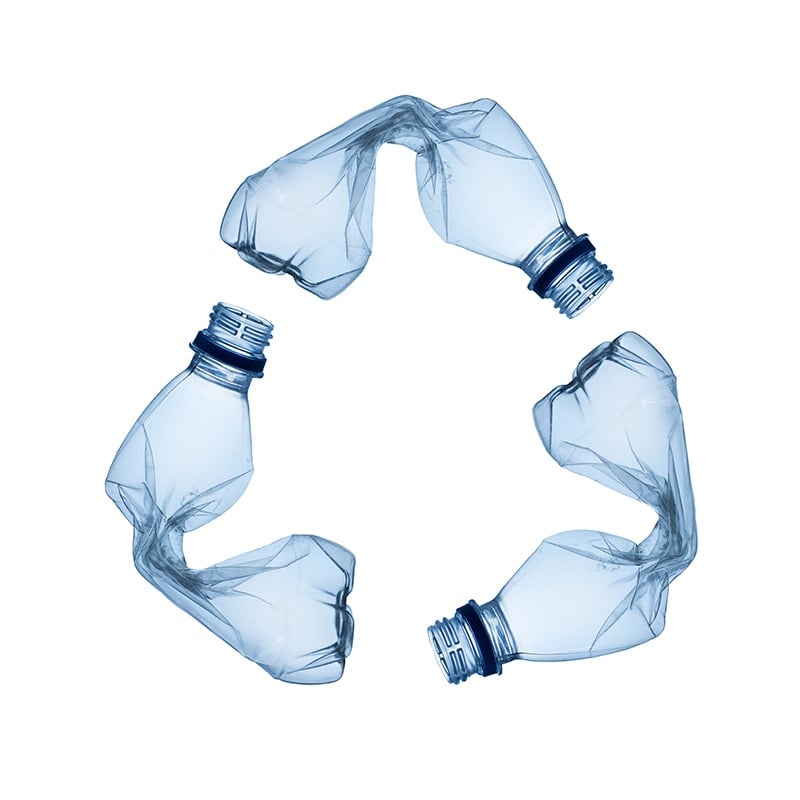We often get questions from restaurant owners about the benefits of using compostable take out containers in cities where there is no commercial compost service for residents or businesses. Recently a restaurant in Oakland (which has a compost service) also wondered what happens if a consumer takes a compostable container and puts it in a city trash can instead of a compost bin.
We love these questions because it means people are becoming conscious of the massive amounts of food packaging waste we create and agree we need solutions for it.
Our response to the first issue is to make sure everyone knows that, like their plastic counterparts, even compostable containers don’t break down in any reasonable amount of time in a landfill. We need to avoid putting anything in landfills. But if you don’t have a choice in your community, you still get many benefits from using compostables. We call these “upstream” benefits because they occur before the product is used by the consumer.
Made From Renewable Resources
The first upstream benefit is that compostable food service products come from renewable sources. Whether its corn, sugarcane, or paper, everything can be made again in nature so we’re using resources at a more sustainable rate than petroleum-based plastic.
Less Toxic Chemicals
The second benefit is that these solutions don’t contain toxic chemicals used in many traditional plastics. Whether it’s the styrene and benzene that workers and consumers are exposed to from polystyrene plastic, dioxins in our environment from the use of chlorine bleaching of paper, or the small and large oil spills from petroleum extraction, none of these things are issues with compostable products.
Uses Less Resources to Manufacture
The third benefit is that many sustainable packaging solutions use less energy to produce then their plastic counterparts. For example, PLA (the bio-plastic use for clear containers and to line coffee cups) uses 68% less energy to make than traditional plastic.
Drives Change
Another benefit consumers get from buying compostable food service products is that it sends a powerful buying signal into the marketplace. That signal shows manufacturers they’ll be rewarded for continuing to innovate and drive down costs of plastic-free packaging. It also sends a signal to municipalities that they should enable more permits to be created for commercial compost facilities to process these products into usable compost instead of filling up landfills.
What about using recyclable plastic?
In case you were wondering, using recyclable plastic is not a long term sustainable answer either. That’s because 93% of all the plastic we throw out each year (a staggering 28 million tons of 31 million total) never reaches a recycling facility but ends up in a landfill anyway. Of the small amount that does go into the “recycling” stream, very little actually comes back in the form in which it originated such as a plastic water bottle.
You can safely assume that most plastic you put in the recycling bin ends up in a landfill because there isn’t a profitable enough market for some plastics to actually recycle them. If it is purchased by a recycling facility, it often ends up on a container ship to China where its incinerated for energy, not turned into another plastic bottle as many people think.
Additionally, food residue renders paper and plastic unable to be recycled because of contamination.
Even if commercial composting is not available in your area, there are many reasons to make the switch anyway. It sends the message to your community, your governments and your consumers that you care and you're willing to drive the change you want to see.





